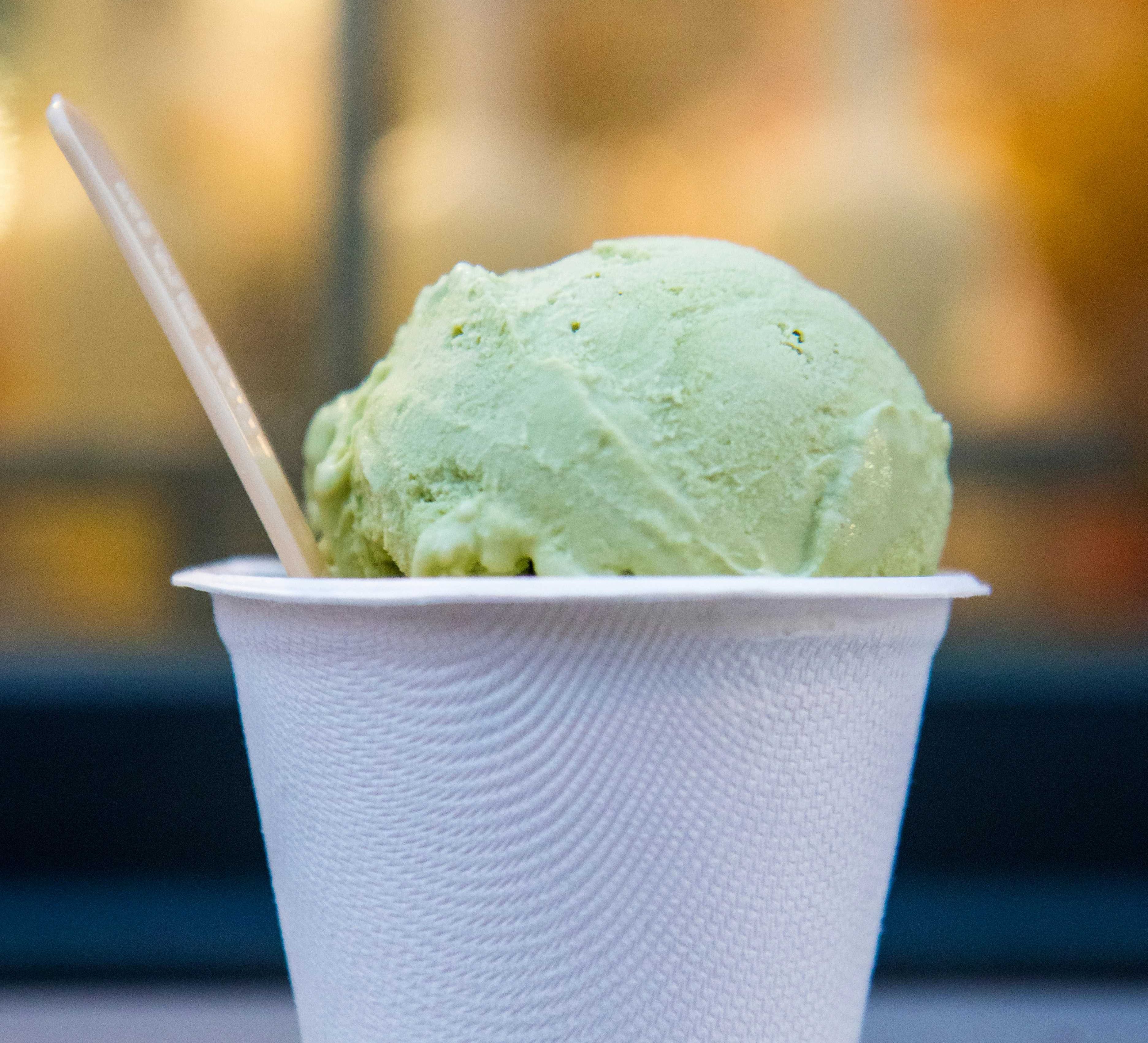Hero Burger King employee heard a customer slurring her words. She knew just what to do.
Tina Hardy came running with some ice cream as fast as she could.
A woman was about to pass out in the Burger King drive thru from low blood sugar. Then an employee stepped in.
We often think of heroes as those that seek out danger in order to help those in need. But sometimes the most impressive heroes are the ones who never expected to find themselves in the position to help, but did so anyway. One story out of Amarillo, Texas shows exactly how quick thinking and being in the right place at the right time can save a life.
A woman named Rebecca Boening recently shared the story of how a Burger King employee saved her life in the most unexpected circumstances.
Boening, who has diabetes, writes in a Facebook post that she was driving on the highway when her blood-sugar unexpectedly dipped. The condition, known as hypoglycemia, can leave people feeling weak, disoriented, dizzy, and shaking. In severe cases, like Boening's, vision can become blurred, and the person can lose consciousness, have a seizure, or even die.
“I was driving when my blood sugar dropped to a dangerous level. Luckily, a Burger King restaurant was at the upcoming exit,” Boeing wrote. She added that because of her condition, she “stumbled” throughout her order, but was just barely able to communicate that she was diabetic and "in need of food" to regular her blood sugar.

“Low blood sugar makes it difficult to think or act,” she explained. As best as she could, she pulled up to the window to grab her order.
To her astonishment, Tina Hardy, the employee, was running towards her car as fast as she could.
The sense of urgency and sudden gesture left Boeing baffled. "I honestly, at first, didn't know who she was or what she was doing. It took me a minute to figure it out,” she noted, per ABC 7.
“She squeezed between the front of my car and the building just to bring me a small serving of ice cream,” the woman recalled.
Ice cream was a smart choice. Medical professionals advise diabetics suffering from low blood sugar to eat a few grams of sugar or fast-acting carbs to level things out. Some people with diabetes actually carry glucose tablets with them in case of emergencies.

Hardy had been taking note of Boeing’s stumbling and the mention that she was diabetic was enough for her to act. The employee mentioned that her husband, too, was diabetic, so she could tell that the woman needed help.
“After paying, I pulled up to Tina’s window where she gave me my food. She instructed me to park across the driveway so that she could keep an eye on me until I felt better,” Boeing added. She was grateful to receive the urgent help and noted that without the food she could have gone into a “diabetic coma.” Tiny Hardy's advice is spot on. After eating carbs or sugar, it's important for people suffering from a low blood sugar event to wait 15 minutes or so to see if they feel better.
“I actually could have lost consciousness if it had gotten worse. I could've even died from it,” she remarked.
The woman waited for Hardy’s break to thank and speak with her and also shared her goodwill story with her supervisor. She learned that the employee had been working at the restaurant for only six months or so and wasn’t even sure if she’d lose her job for leaving her position abruptly.
The woman even got a picture of Hardy so she could share it and spread the news of her kindness.
Boening's post went viral to the tune of tens of thousands of comments. People overwhelmingly agreed that Tina was the kind of hero we need more of:
"This world needs more Tina’s!"
"We need more people like her in this world!"
"Yay Rebecca and Trina! Glad you are okay, Rebecca! Also glad you told this story about a great person!"
"Great act of love. Don’t see it much anymore. Way to go Tina."
"Most people don’t have a clue what it’s like for those of us who have insulin dependent diabetes," Boening added in a comment. "When my sugar is too low I sometimes don’t have the strength to get myself food.
Boening later set up a fundraiser for her hero, Tina Hardy, after learning that Hardy did not own a car.
"Amarillo, Texas is pretty spread out and I don't know how she can function without a vehicle,” she added. The woman also said that Hardy strongly deserved to be appreciated and recognized. "Please help me say thank you in a way that will change her life,” she added towards the end of her post.
Hardy later told ABC News that the two continue to stay in touch. "We talk every day. She's a very lovely lady."
This article originally appeared two months ago. It has been updated.
- When a 911 operator got a call for a 'large pizza' he quickly realized a woman was in trouble ›
- Why you aren't acting in real life like the hero in your favorite movie. ›
- Meet the 15-year-old hero who just gave the U.N. some real talk about the future of his generation. ›
- Mom thanks 'hero' stranger who laid down with her autistic son to calm him during a meltdown ›

